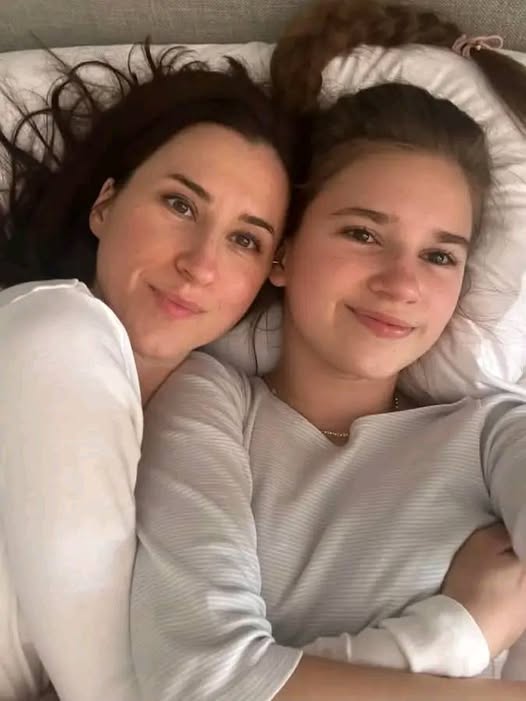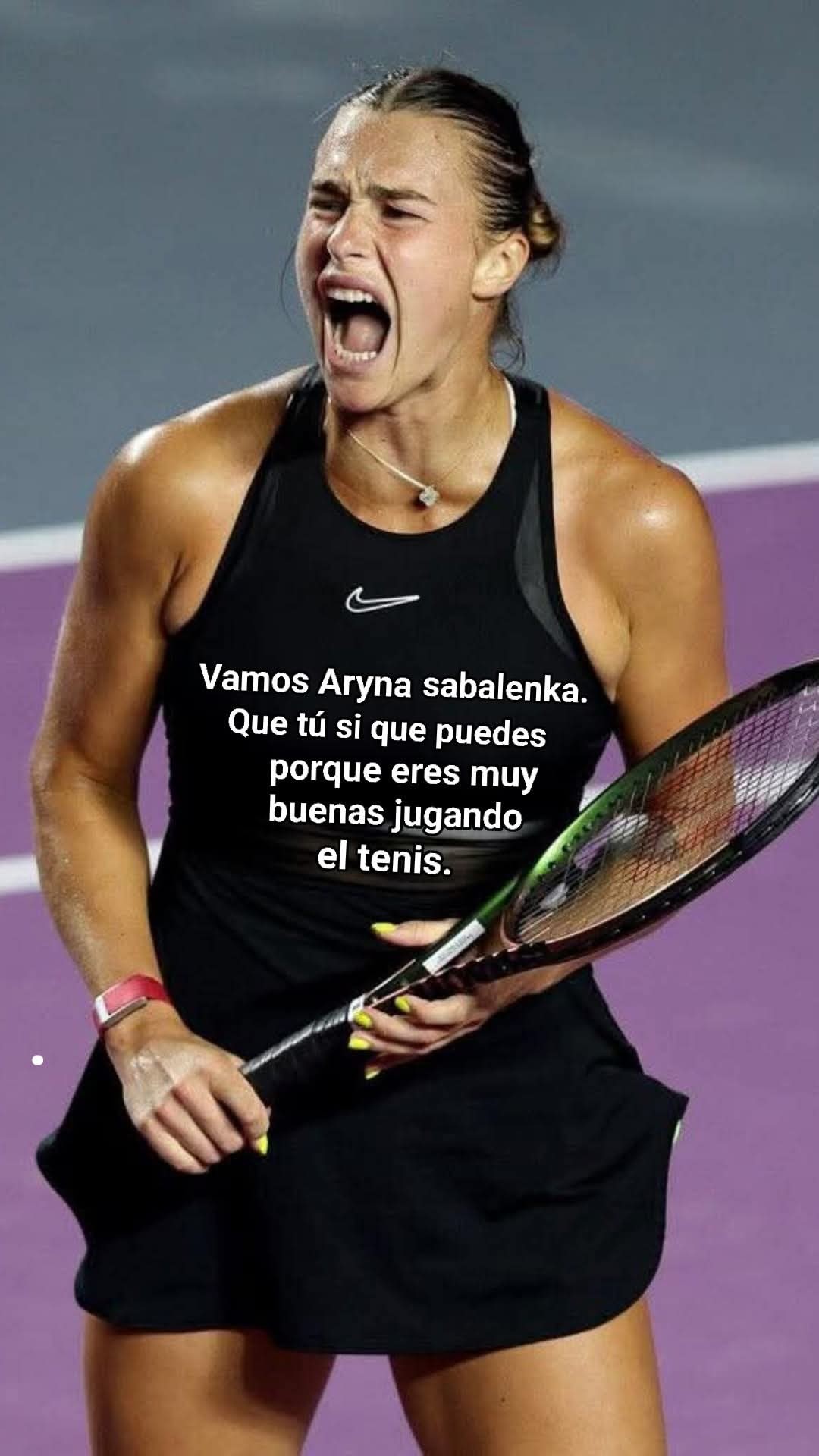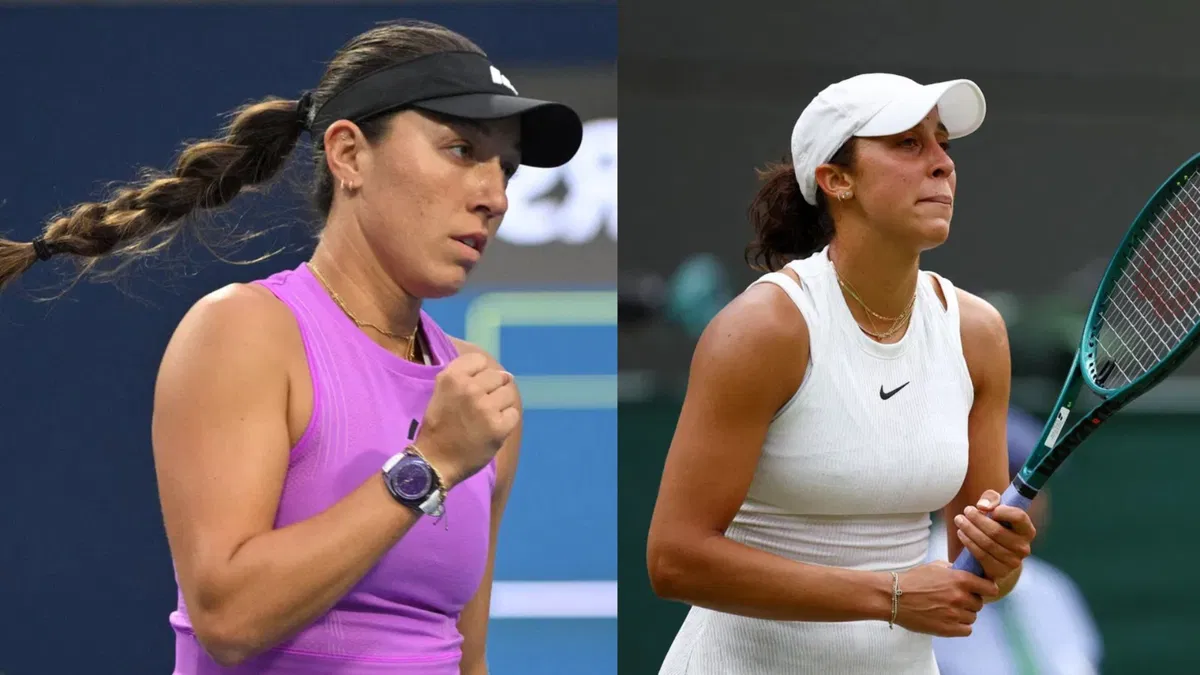The sun-drenched courts of Miami are known for delivering drama, spectacle, and stories of transformation. For 18-year-old Filipina tennis prodigy Alex Eala, the 2025 edition of the Miami Open was more than just another tournament—it was a moment of self-discovery, a checkpoint in her journey, and a motivator to keep chasing greatness. Her words after her early exit—“I have to keep working”—echo with the kind of honesty and hunger that make tennis fans and analysts alike sit up and take notice.
In this post, we’ll explore Eala’s experience at the Miami Open, the lessons she’s taken from it, and why this rising star’s journey is far from over. If anything, it’s only just beginning.
Rising to the Occasion: The Miami Open Opportunity

The Miami Open is one of the biggest tournaments outside the Grand Slams—a Master 1000/WTA 1000 event that brings together the world’s elite. For Eala, being granted a main draw wildcard was an opportunity to compete against top-tier talent on one of the sport’s biggest stages.
While the tournament didn’t go as planned—Eala fell in the opening round to a higher-ranked opponent—it was never just about wins and losses. It was about experience. About proving she belongs on the same court as the game’s best. And most of all, about measuring her growth since transitioning from the junior circuit to the professional stage.
A Glimpse into the Match
Eala’s Miami campaign ended in the first round, but the match revealed plenty about her development as a player. She showed moments of aggression, clever angles, and a forehand that can hold up even against players inside the top 50. But inconsistencies in her serve, trouble with depth on her backhand, and lapses in focus proved costly.
Still, she didn’t walk off court discouraged. She walked off enlightened.
“I felt the nerves in the beginning,” Eala admitted in a post-match interview. “But I’m proud of how I managed to stay in the match, even if the result wasn’t what I hoped for. These are the kinds of experiences that remind me how much more I need to grow—and how excited I am for that process.”
“I Have to Keep Working”: A Mantra of Maturity
It’s rare to hear an 18-year-old speak with such clarity about setbacks. In the aftermath of her loss, Alex Eala’s reflection—”I have to keep working”—wasn’t a cliché. It was a mission statement. A sign of maturity. A glimpse into the mindset of a player who understands that greatness isn’t born—it’s built.
She acknowledged areas where she needs to improve: her physical conditioning, point construction under pressure, and second-serve consistency. But rather than dwell on the defeat, she’s using it as fuel.
“I saw the level I need to reach,” she said. “And it’s motivating. I know I’m not there yet, but I’m not far. Every day on the court brings me closer.”
Beyond the Scoreboard: What Miami Means for Eala’s Trajectory
The Miami Open may not have produced a win for Alex Eala, but it gave her something arguably more important—a benchmark.
In sports, especially tennis, it’s easy to get caught up in rankings and results. But for young players, what matters more is trajectory. And by that metric, Eala is headed in the right direction.
Here’s why Miami matters:
- Exposure to top-level competition: Matches like these give her invaluable insights into pacing, pressure management, and strategic decision-making.
- Building mental fortitude: Handling the atmosphere of a big tournament—press conferences, fans, expectations—is part of becoming a pro.
- Refining her training: She now has specific targets to hit in her game and fitness routines.
She’s building her game in layers, and every high-profile tournament sharpens her skill set even more.
The Weight—and Pride—of Representation
Eala doesn’t just carry her own dreams on tour—she carries the hopes of an entire nation. As the most promising Filipino tennis player in decades, every performance comes with eyes watching and hearts hoping.
“I’m proud to represent the Philippines,” she said. “Every time I step on the court, I feel like I’m not just playing for myself, but for the next generation of kids back home.”
That sense of responsibility isn’t a burden for Eala—it’s a badge of honor. And it’s what fuels her drive to improve. She knows that her success could change the trajectory of tennis in Southeast Asia, inspiring young athletes across the region to dream bigger.
The Road Ahead: What’s Next for Eala?
Following the Miami Open, Eala has set her sights on the European clay-court swing. While she’s had more experience on hard courts, she’s no stranger to red clay—having trained extensively in Spain during her junior years.
Her next few months will be critical. She’s eyeing qualification for Roland Garros and hopes to rack up WTA Tour wins to boost her ranking and confidence. Eala has also hinted at playing a mix of ITF and WTA 125 events, strategically balancing challenge and opportunity.
“My coaches and I have a plan,” she said. “The important thing now is staying healthy, consistent, and putting in the work every day.”
Social Buzz: Why the Tennis World Is Watching
After her Miami run, tennis Twitter and Filipino sports media alike lit up with support. #AlexEala trended briefly in the Philippines, with fans praising her poise and perspective despite the loss.
Prominent figures like Manny Pacquiao, fellow Filipino athletes, and even international tennis personalities shared messages of encouragement, calling her “a fighter” and “the future of Asian tennis.”
Social media has played a major role in building Eala’s profile—not just as a player, but as a role model. She frequently shares behind-the-scenes clips from training, candid travel moments, and reflections that show her personality, discipline, and humor.
Her authenticity and humility have made her a favorite among younger fans, particularly in Southeast Asia, where she’s becoming a sports icon in her own right.
Why Alex Eala’s Story Matters
In a sport often dominated by powerhouses from North America and Europe, Alex Eala represents a new wave—a globalized, fearless, and deeply motivated generation of players who refuse to be boxed in by geography or tradition.
She’s not just carving a path for herself—she’s blazing a trail for an entire region.
Her Miami Open reflections aren’t just about tennis. They’re about resilience. About acknowledging where you are without losing sight of where you want to go. About embracing the grind with grace.
In that way, Eala is already winning.

Final Thoughts: Keep an Eye on the Climb
The phrase “I have to keep working” isn’t just an athlete’s refrain. In Alex Eala’s case, it’s a promise to herself—and to all those watching.
She knows the road to the top is long and winding. But if there’s one thing we’ve learned from her time in Miami, it’s that she’s in this for the long haul. She’s not chasing overnight fame—she’s building a legacy.
So, to all the fans, skeptics, and future stars watching her story unfold: don’t just look at the scoreboard. Look at the work. Look at the growth. Because if Alex Eala keeps working the way she promises she will, the victories won’t just come—they’ll be inevitable.


